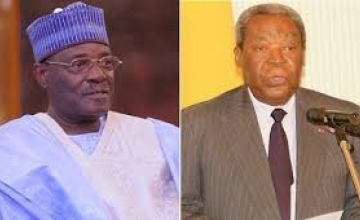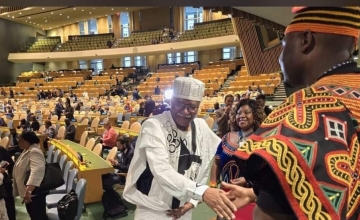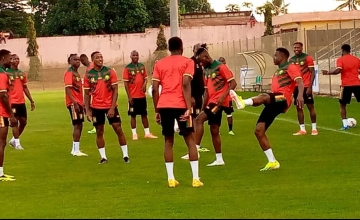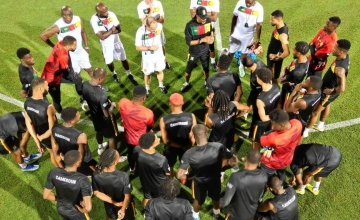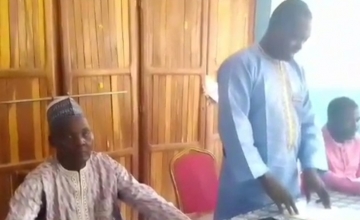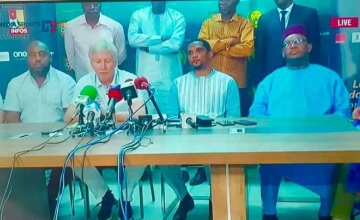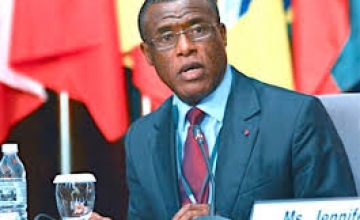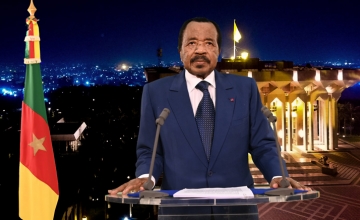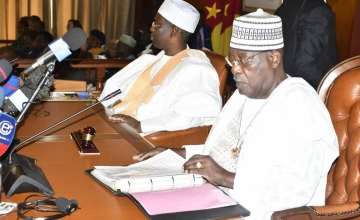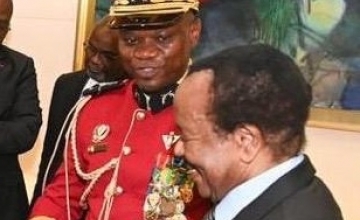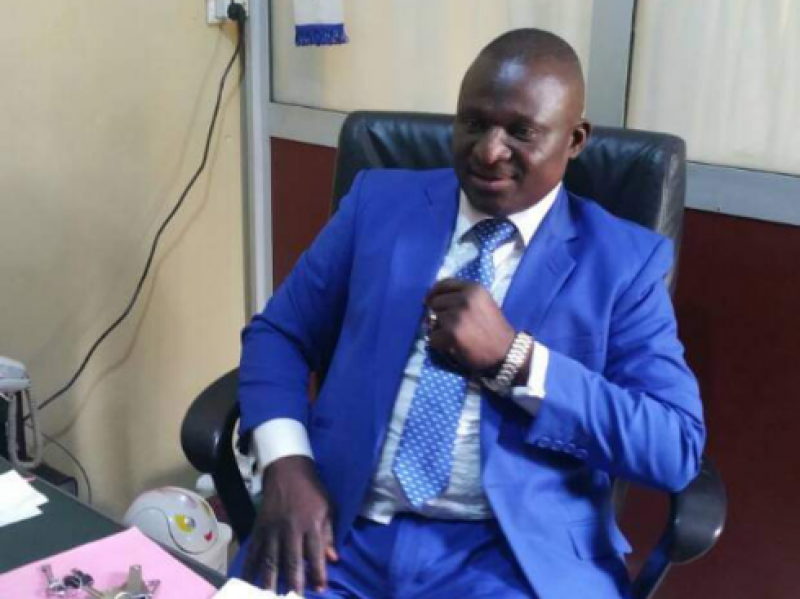
The radio host and reporter was picked up early Wednesday, January 20, 2021, in Bamenda by yet-to-be-identified armed men, said Jude Viban, CAMASEJ President.
“Fung John, who is co-host of Press and Associate, a flagship programme of Bamenda-based Ndefcam radio, was kidnapped as he set out for work,” read a press release from the office of the president of CAMASEJ.
CAMASEJ considers this “shameful abduction” as part of the symptomatic degeneration of moral values in Cameroon.
“It is particularly worrisome that his abductors have not maintained any contact with his family or friends, thus fueling all forms of suspicion,” Viban said.
CAMASEJ says it finds the abduction of Fung John Ngum as another assault on the freedom of the press and the right of media professionals to practice without fear or favour, threats, and molestation.
“Journalists are not party to the ongoing conflict in the two English-speaking regions of the country, and thus should not be targets of any sort,” Viban fumed. “Fung John should be set free immediately!”
Cameroon-Info.Net recalls that journalists have been targets for both sides in the conflict in the North West and South West Regions.
On February 21, 2019, Journalist Macmillan Ambe Awa, erstwhile President of CAMASEJ Bamenda Chapter was covering the crisis when he became part of the headlines.
He was kidnapped by armed men and held for 24 terrifying hours before being released, physically unhurt but shaken.
Upon his release, Ambe said he had been accused of making programmes that say children should be allowed to return to school against the school boycott wishes of separatists.
Shocking as the nightmare was, such experiences are almost routine in Cameroon’s English-speaking Northwest and Southwest regions. Today is the turn of Fung John.
Insurgents have staged hundreds of kidnappings, both for ransom and as a political message – alongside ambushes targeting soldiers and police, and arson attacks on buildings symbolising the central government, including schools and hospitals.
Cameroon’s state forces have been battling to dislodge armed separatists who pitched their tents in the North West and South West Regions since Anglophone protests transformed into an armed conflict in 2017.
Corporate demands by Common Law Lawyers and Anglophone Teachers led to protests in November 2016. The street demonstrations later morphed into ongoing running gun battles between state forces and armed separatist fighters in the predominantly English-speaking regions, leading to untold destruction of human lives, their habitats, and livelihoods.

